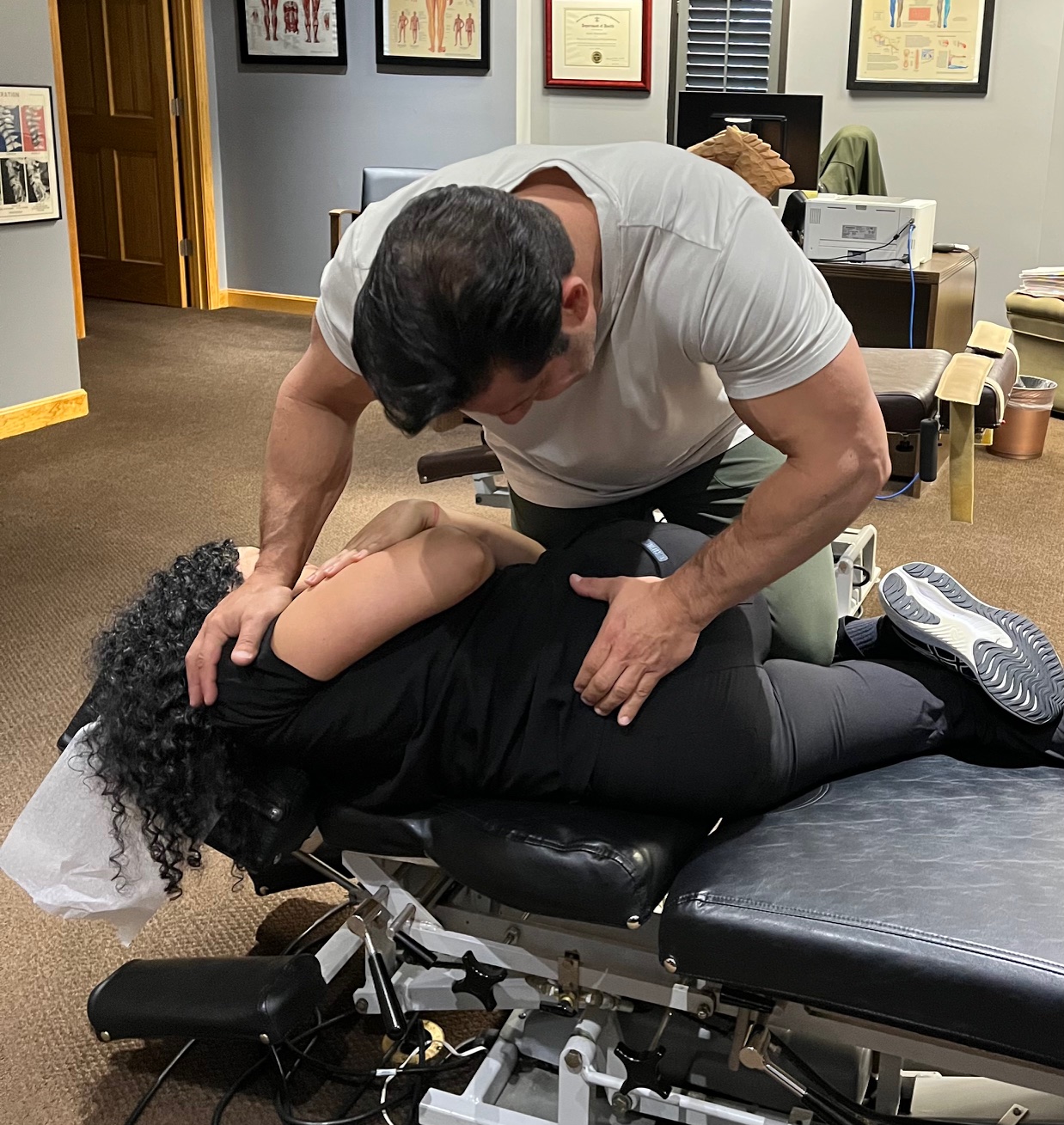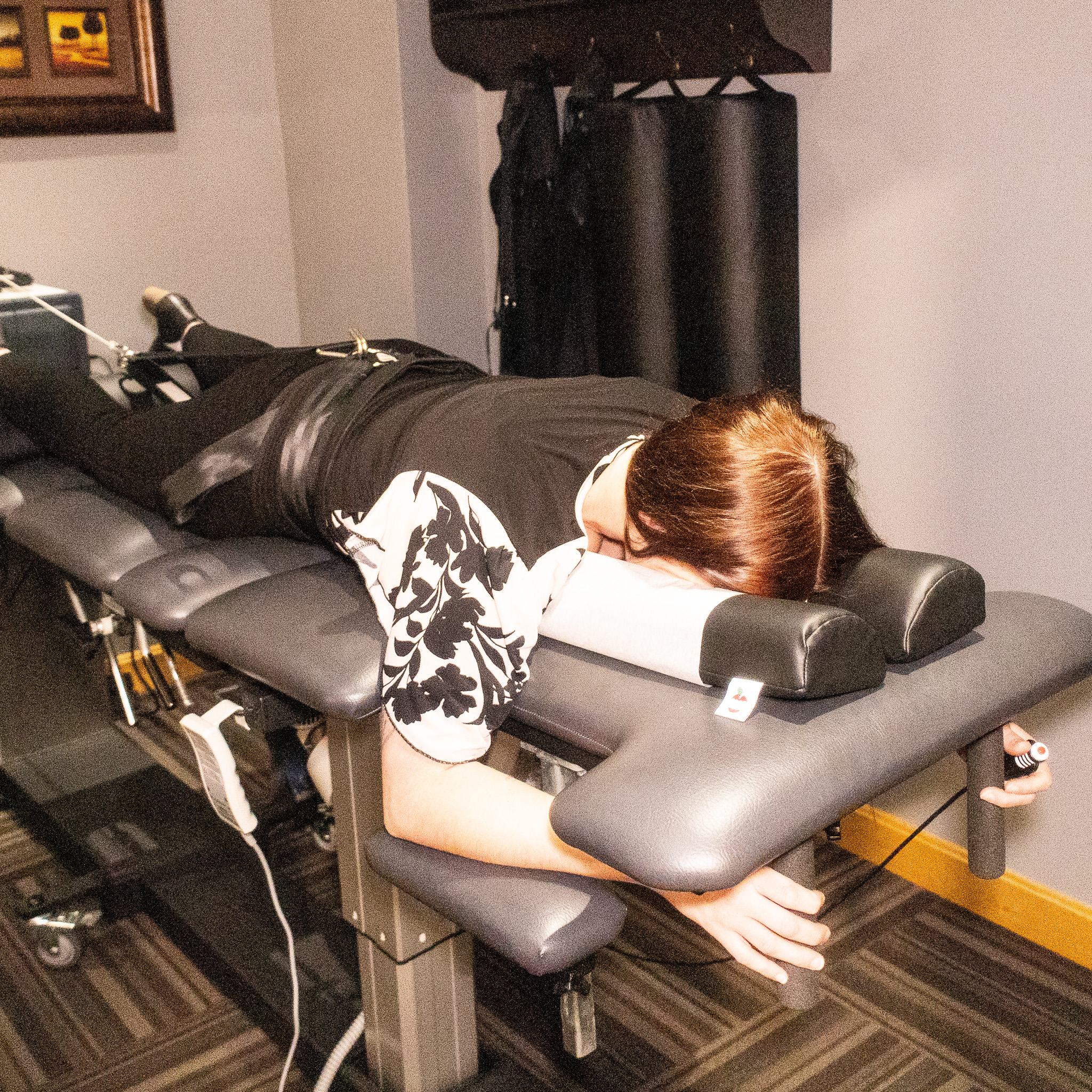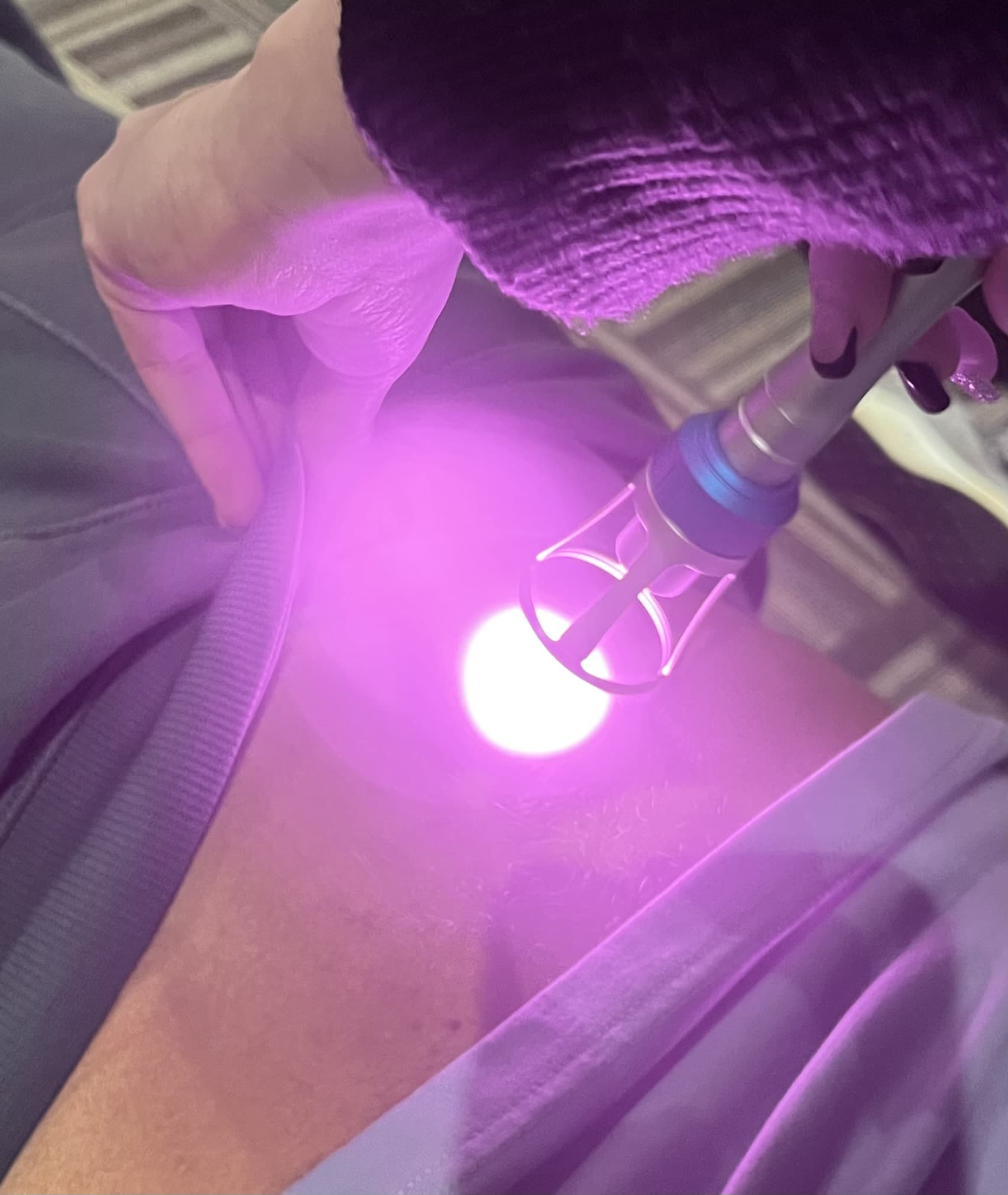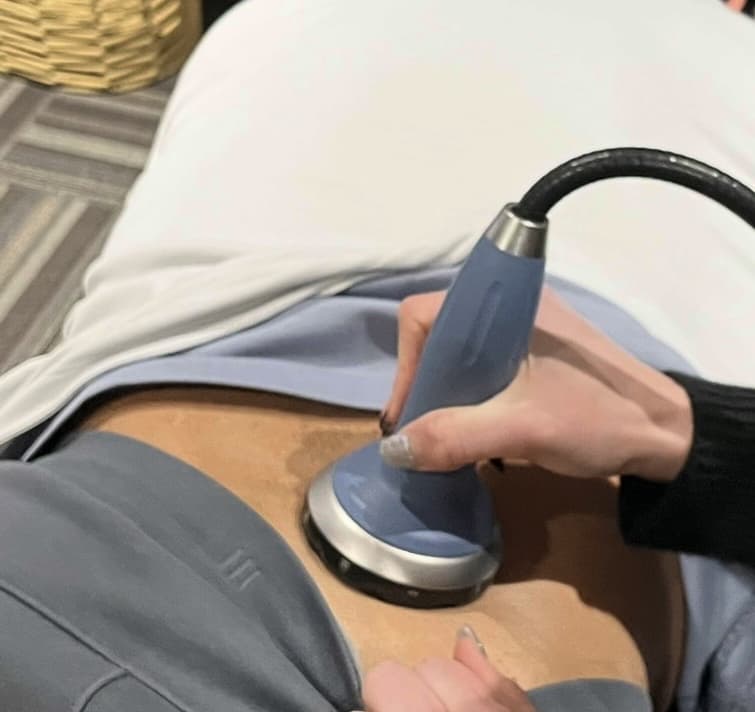Sciatica Treatment in Rhode Island | DeCrescenzo Chiropractic
Are you struggling with sharp, radiating pain down your leg? Our chiropractic treatments for sciatica provide fast and effective relief without surgery. Let us help you return to a pain-free life—schedule your consultation today!
Convenient Offices in: East Providence / Pawtucket / Providence / Central Falls
Comprehensive Sciatica Treatment in Rhode Island
Sciatica can cause severe discomfort, making everyday tasks difficult. At DeCrescenzo Chiropractic, we offer a targeted, non-invasive treatment for sciatica, providing relief without the need for surgery or medications. As part of our Spine Injury care, we focus on realigning your spine to reduce pressure on the sciatic nerve and eliminate the cause of your pain.
Understanding Sciatica
Sciatica is the pain when the sciatic nerve—the largest nerve in your body—is compressed or irritated. This pain typically radiates from the lower back down through the hips and legs, often affecting only one side of the body. Common causes include herniated discs, bone spurs, or spinal stenosis.
Chiropractic Care for Sciatica in Rhode Island
At DeCrescenzo Chiropractic, we specialize in chiropractic treatments that focus on relieving the root cause of your sciatica. Our team of experts will assess your condition and design a personalized treatment plan to address your specific needs. We use many proven techniques to help you recover and live pain-free.

Spinal Manipulation
Spinal manipulation, also known as chiropractic adjustment, is a gentle, hands-on technique used to realign the vertebrae in the spine. This can help reduce pressure on the sciatic nerve, alleviating pain and improving function. Our chiropractors are highly trained in various spinal manipulation techniques to ensure safe and effective treatment.

Decompression
Decompression therapy is a non-surgical treatment option that can help relieve pressure on the sciatic nerve caused by herniated discs or spinal stenosis. This technique involves gently stretching the spine, creating negative pressure within the discs. This negative pressure can help retract the herniated disc material and promote healing, reducing sciatica pain.

Class IV Hot Laser Therapy
Class IV Hot Laser Therapy is a non-invasive treatment that uses high-intensity laser energy to stimulate healing and reduce inflammation in the affected area. The laser energy penetrates deep into the tissues, increasing blood circulation and promoting cellular regeneration. This can help reduce pain, numbness, and tingling associated with sciatica.

Shockwave Therapy
Shockwave therapy is an advanced treatment option that uses high-energy sound waves to stimulate healing and reduce pain. The sound waves create microtrauma in the affected tissues, triggering the body's natural healing response. This can help break down scar tissue, reduce inflammation, and promote the growth of new blood vessels, leading to long-term pain relief.

Electro Muscle Stimulation
Electro Muscle Stimulation (EMS) is a therapeutic technique that uses electrical impulses to stimulate muscle contractions. This can help strengthen the muscles surrounding the sciatic nerve, providing support and stability to the affected area. EMS can also help improve blood circulation and reduce muscle spasms, further relieving pain.
Symptoms of Sciatica
Sciatica symptoms vary in intensity and location. Common signs include:
- Radiating pain from the lower back to the leg
- Numbness or tingling in the leg or foot
- Muscle weakness in the leg
- Sharp pain that worsens with standing, sitting, or specific movements
If you’re experiencing any of these symptoms, seeking professional care is essential. At DeCrescenzo Chiropractic, we provide comprehensive evaluations to identify the cause of your sciatica and develop an effective treatment plan.
Why Choose DeCrescenzo Chiropractic for Sciatica Treatment?
With years of experience treating sciatica and other spinal conditions, DeCrescenzo Chiropractic is your trusted source for practical, non-invasive care. Our multidisciplinary approach combines spinal adjustments, decompression therapy, and advanced treatments to provide relief from sciatica pain. We’re committed to helping you regain your mobility and live without pain.
Frequently Asked Questions
While chiropractic care cannot “cure” sciatica, it can provide long-lasting relief by addressing the root cause of nerve compression. Many patients experience significant improvement with regular treatments.
The recovery time depends on the severity of the condition. Some patients feel relief after just a few treatments, while others may require ongoing care for a few weeks.
Yes, spinal decompression is a safe and non-invasive treatment for sciatica. It gently stretches the spine to reduce pressure on the sciatic nerve, allowing for natural healing.
Contact Us for Sciatica Treatment in Rhode Island
If you’re suffering from sciatica, DeCrescenzo Chiropractic can help. We offer comprehensive care for sciatica and other spine injuries at our locations in East Providence, Pawtucket, Providence, and Central Falls. Call us today to schedule your consultation and take the first step toward pain relief.

We offer Chiropractic Treatments across Rhode Island at our 4 convenient locations.
New Patients
Read Our Reviews
Deborah Holden
So my story:
I had a bad car accident back in 2017 that fractured my left wrist, one of my ribs, my neck seized up and couldent move it to the left, and did something to my lower back where later on it went out where it was consistently going out of alignment. Think of you back as an upside down T, as the ( --- ) is the hips/waist and the ( | ) as the spine. My Spine is a (《 ) and my hips is ( / ), higher on one side then the other. This has caused excessive pain at some points. 8 years later I'm still going for monthly maintenance to keep everything in check. My neck can move after a few treatments and I still get the "rice crispy cereal popping sound" but I don't think that'll ever go away but it's jot as loud and I can move my neck. My lower back is the stubborn problem at this point.
They started doing the shockwave therapy maybe a few years ago at this point and I was a difficult patient to get to try it with all the adjustments and the money I was spending when my back would flare up and really be out of alignment and sometimes have 3 visits a week. I gave in and started the shockwave which made them so happy, and myself after. It was night an day difference. Now I know if I have a flairup that option is there. Due to how well the shockwave treatment works, I have not had many flairups because it works. It breaks down the swelling, inflammation, scar tissue, increases blood flow...etc. My muscles are not pulling my waist as tight in one direction anymore.
Now my most recent issue which one would think why the Chiropractor for this. I woke up the other week and couldent walk on my foot. Thought I stepped wrong at work and pulled a muscle. Over a few days it swelled and got worse. I ended up calling the office to get in for Shockwave knowing it helped my back before. I had, and have, Edema in my right foot, ankle, and calf. It was swollen. Like a balloon. They did the shock and Dr Chris told me to still see my primary which I did and found the reason for it and treating that as well. The Shockwave therapy REMOVED AND DRAINED THE EDEMA!!!! It's not a one time fix due to the cause of the Edema but just had another treatment and still a few more to go. The progress is amazing. I'll upload the before and after pic and you can determine yourself. It's just WOW!
Like i said, I love the treatment, the staff, and I'll continue to come here because if it wasn't for them, I'd be falling apart more then I am now. They keep me tuned up.
(Sorry the after pic of my un swollen foot doesn't show much of the ankle)
You’re not just another appointment on their schedule—they make you feel seen, heard, and cared for. After experiencing the level of care here, I can confidently say I will never go to another chiropractic office again. This team has set the bar incredibly high, and I’m so grateful to have found them.


